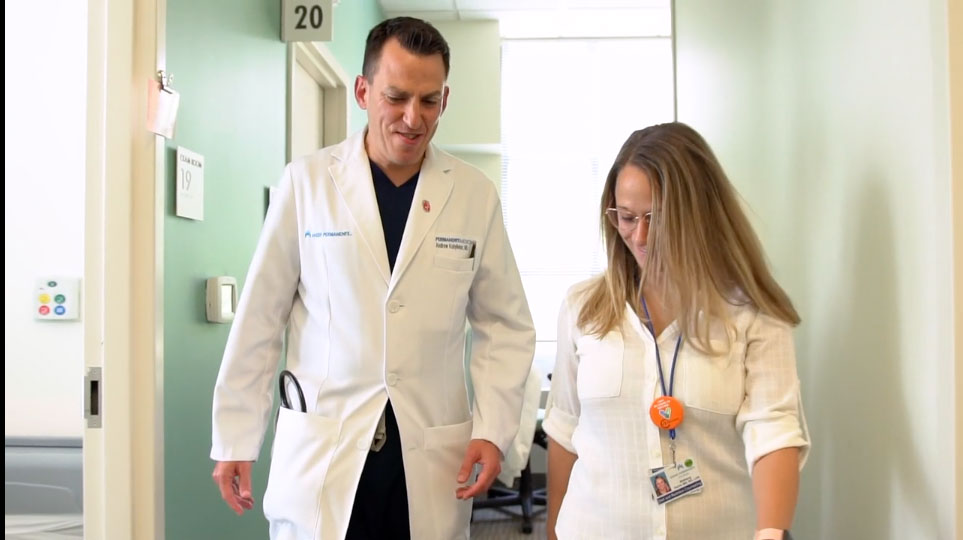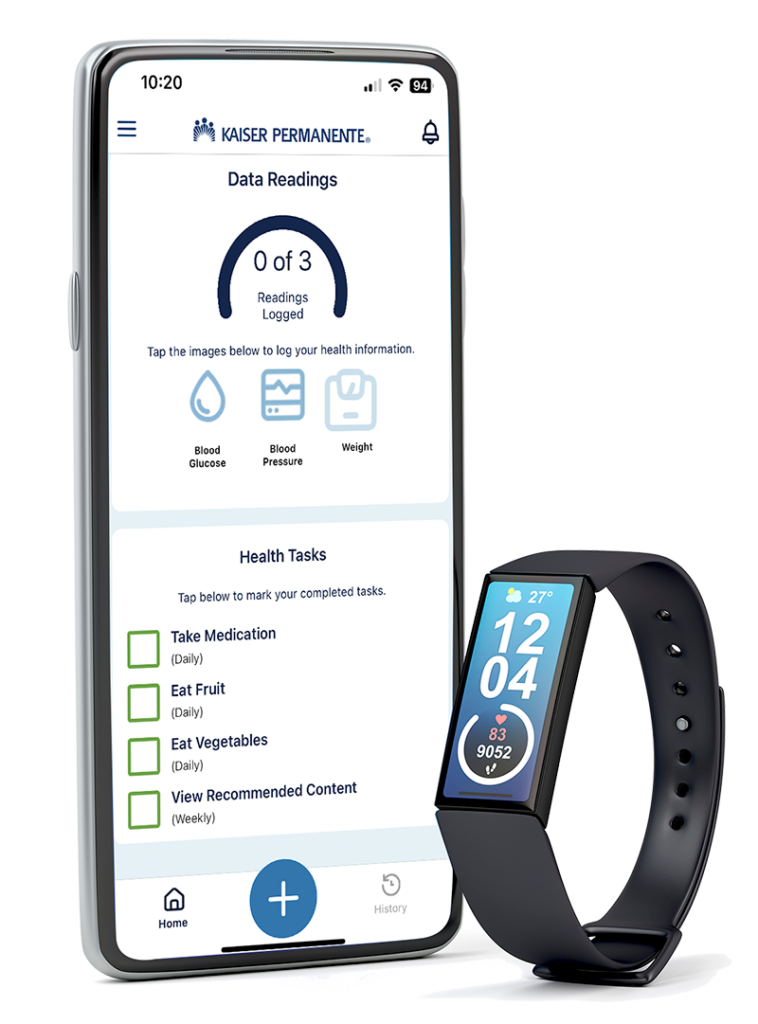Cardiac Care
Heart failure can be a complex condition touching many other aspects of a person’s well-being. Living with heart failure means that a person’s heart muscle doesn’t pump as much blood as their body needs. Failure doesn’t mean the heart has stopped; it means the heart is not pumping as well as it should. At Kaiser Permanente, we have award-winning programs for our heart failure treatments.







